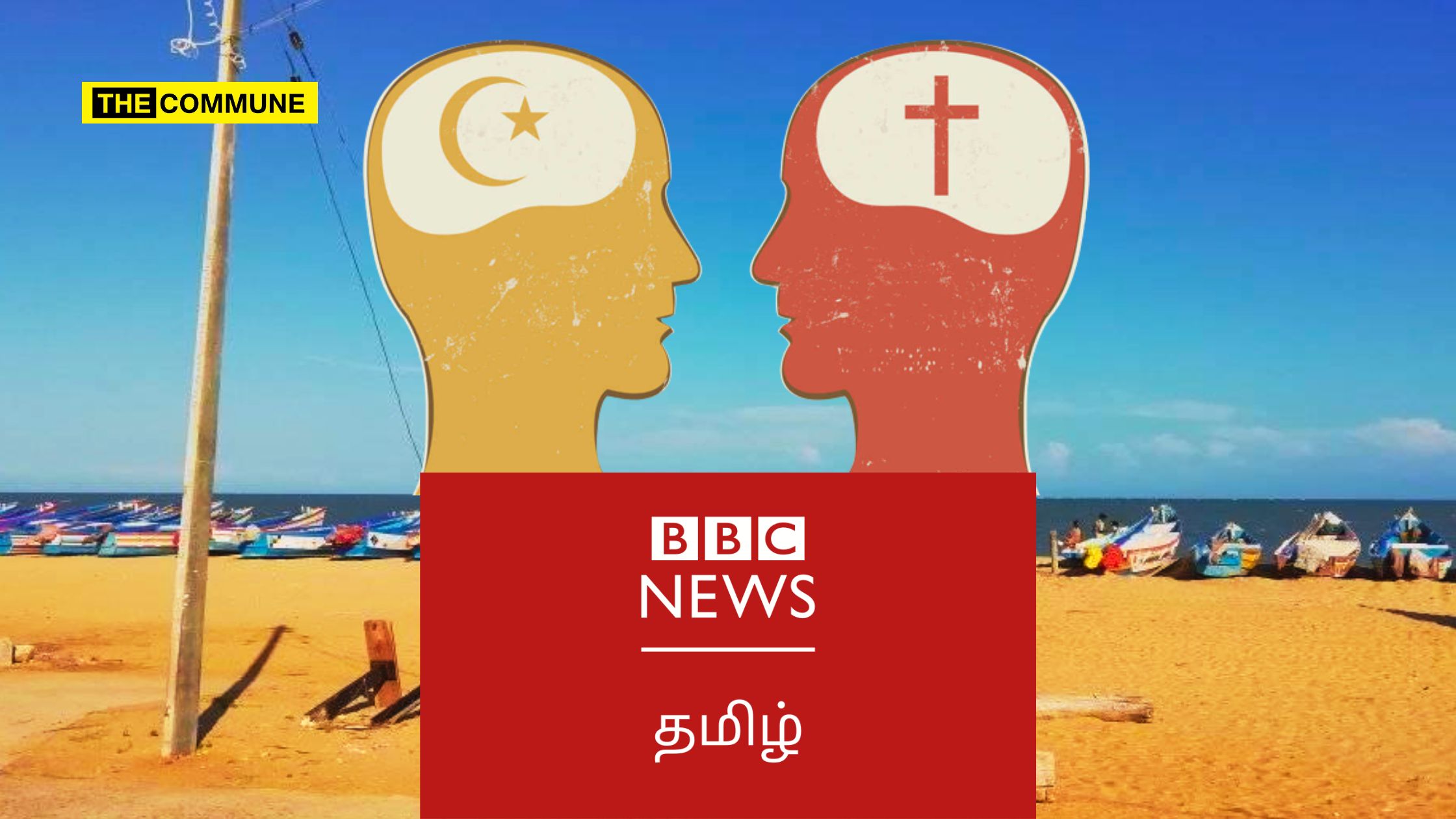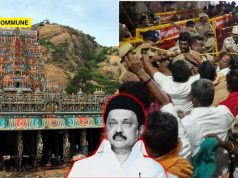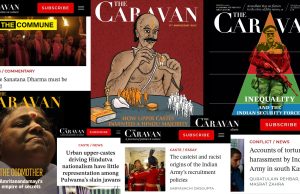
Fishermen from Kombuthurai, a part of the Kayalpattinam municipality, have been staying ashore for the past 11 days to express their disapproval of three Christian fishermen who recently converted to Islam.
The recent converts, namely Anthony Frango (Mohammed Frango), Sebastian (Esa), and Wilfred (Salim), have raised concerns that the Kombuthurai fishermen association prevented them from fishing and selling their catch at Kombuthurai beach, although this claim is contested by the Christian fishermen.
What Happened
According to a Dinamalar report, they were banished by a khap panchayat from attending a public fish auction after the duo converted to Islam as their conversion did not go well with the 200 fishermen living in the village who follow Catholic Christianity.
One of the converts mentioned that they have been restricted from fishing activities for the past four months and have been working as fisher coolies to support their families. They also highlighted that they were denied access to tractors provided by the Kombuthurai Christian fishermen to launch their boats into the sea. They were apparently helped by the neighboring Iykiya Muslim Peravai who offered a tractor, but the local Christian fishermen prevented them from using it.
The district administration has organized another peace meeting for 3 October 2023 to mediate the dispute between the converts, village leaders, and Christian fishermen.
While the matter prima facie looks like a case of Christian villagers boycotting the three persons for converting to Islam, the matter has been underplayed by the mainstream media as a dispute over name of the village. There is a dispute regarding whether ‘Kadaiya’ is the historical name of the Kombuthurai hamlet, and this matter is currently pending in the Madurai Bench of the Madras High Court.
The New Indian Express (TNIE) reported that the Christian villagers of Kombuthurai have objected to the use of the name ‘Kadayakudi’. According to the TNIE report, the Kombuthurai fishermen allege that the fishermen who converted to Islam have been calling their village ‘Kadaiyakudi,’ which has caused frustration among the Roman Catholic fishermen in Kombuthurai.
The Double-Standards Of The Dravidianist Media
Except for Dinamalar and TNIE, no other mainstream media in Tamil Nadu has even reported about the issue. However, in July 2023, there was significant media attention surrounding a situation in Poompuhar, a historically significant port during the Early Chola rule, where Hindu fishermen were reported to have cut off communication with converted Christians. BBC Tamil conducted an ‘in-depth’ investigation and carried an elaborate report into allegations that Hindus had ostracized the converts and encouraged them to return to Hinduism if they wished to reintegrate into the community. The report demonized the Hindus who boycotted their fellow members for converting to Christianity as the converts started abusing the former.
Around 300 Hindu families are said to have converted to Christianity during this period. Given that Poompuhar was originally an all-Hindu village, community elders purportedly decided to boycott those who had converted, while welcoming back those who had returned to Hinduism. Allegedly, converts were subjected to fines, had business dealings severed, and all forms of communication were terminated. According to the BBC report, families gradually began returning to the Hindu faith one by one in response to these restrictions.
However, 22 families continued to adhere to Christianity, leveling various accusations against the Hindu community. These allegations included claims of being barred from participating in significant life events such as births, marriages, and funerals of their relatives, as well as encountering obstacles in their businesses. Subsequently, 15 more converted families chose to return to Hinduism, yet seven families remained steadfast in their Christian beliefs. They filed complaints with the district administration, leading to the initiation of peace talks.
During interviews with BBC, the Hindu side contended, “We are simply keeping our distance from them (the converts) due to differences in beliefs. Their allegations are baseless.” The village head, a Hindu, explained, “They are attempting to convert everyone, which we do not accept. They are following their faith, and we are doing the same. We do not engage with them because they attempt to impose Christianity on us and insult our deities. They converted ten years ago and continue to reside in our village. How can they claim that we are threatening them?“
“They wish to interact with us because their children have grown up, and they wish to arrange marriages. However, why should we accept them when they do not respect our traditions? There are seven thousand people living here. If we make concessions for them, we will have to do the same for everyone. They should be the ones to adhere to the village’s rules. We cannot change our way of life for them.”
The district collector, who participated in the peace talks, stated, “We can intervene if a shopkeeper refuses to sell goods to specific individuals. However, what can we do when individuals choose not to communicate?” The BBC report suggests that the Hindu community in the village cut off communication with the converts only after allegations of abuse of Hindu practices and attempts to convert them to Christianity arose. Despite this context, some media outlets portrayed it as a form of untouchability, disregarding the initial provocations. This raises questions about media coverage in cases where Christian converts have ostracized Muslim converts, with very few reports on such instances.
(With inputs from Hindu Post)
Subscribe to our channels on Telegram and WhatsApp and get the best stories of the day delivered to you personally.




